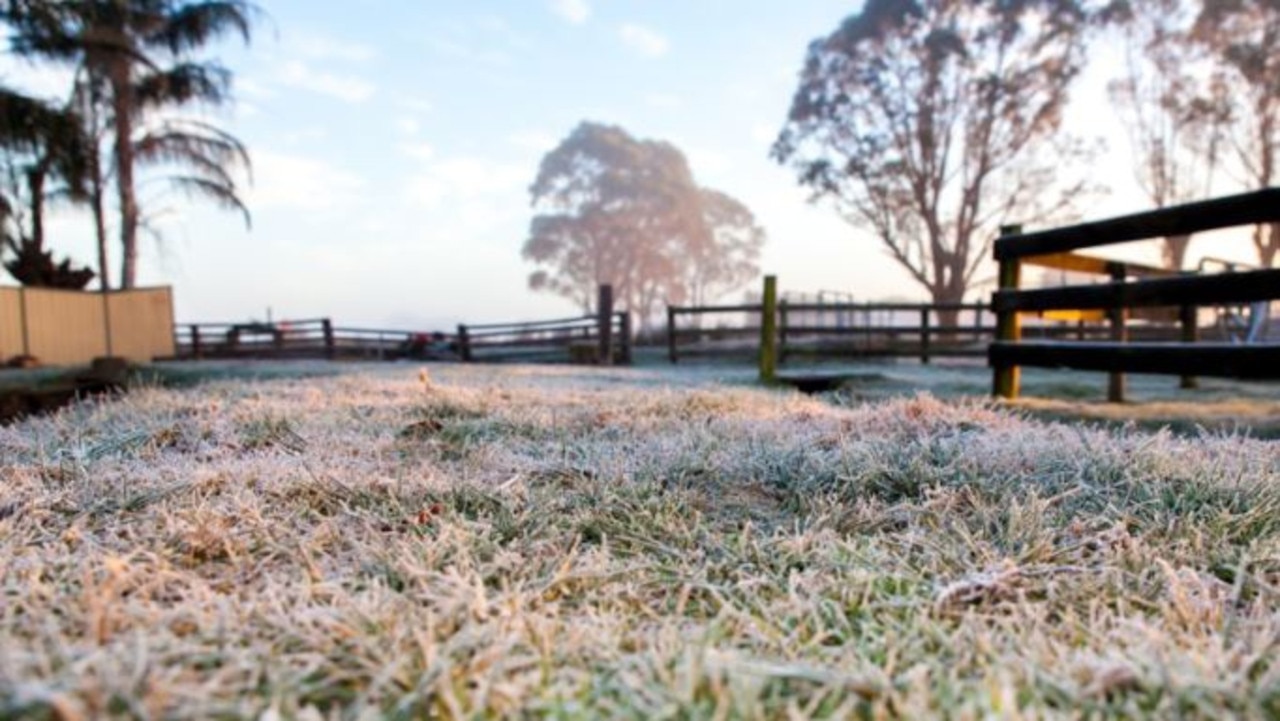How Australians are making ends meet as budget pressures bite
It’s getting harder and harder for Aussies to make ends meet during the cost of living crisis, selling possessions, taking out loans and cutting back on everything from medical appointments to food.
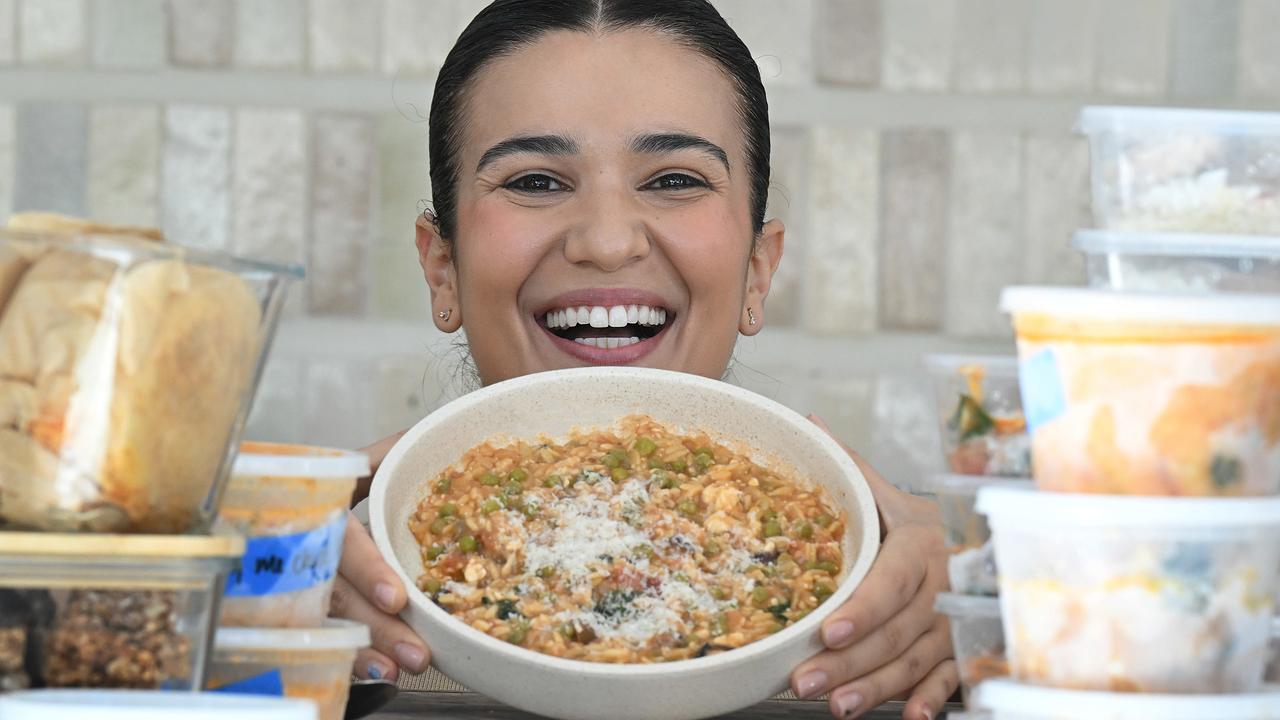
QLD News
Don't miss out on the headlines from QLD News. Followed categories will be added to My News.
Aussies are going to extreme lengths to make ends meet during the cost of living crisis, selling possessions and taking out loans, and cutting back on everything from medical appointments to food.
An exclusive poll of 2703 Australians for this masthead found 80 per cent are struggling to afford groceries, with almost one in five selling possessions in the past six months to raise money and 18 per cent borrowing money or increasing debt due to rising costs.
Dr Domenique Meyrick from Financial Counselling Australia, which provides free financial counselling to those in need, said they were seeing this trend first hand.
“Most concerningly, we see people getting into a bit of a trap where they will use credit for essentials in order to stretch what they can do each week and make ends meet,” she said.
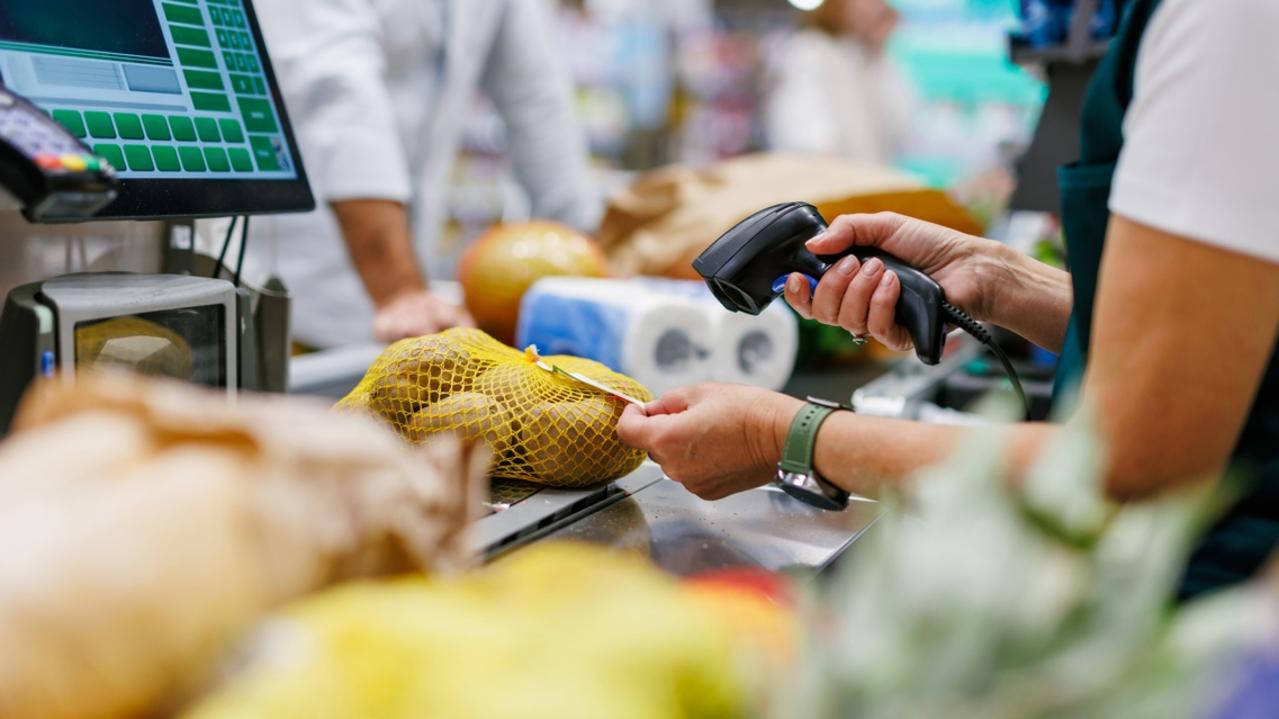
“We’ll see people who are using Buy Now, Pay Later (schemes) to cover their weekly costs, their basic needs, and we’re also seeing that with wage advance – that’s a big one that’s coming up more and more.”
The Lighthouse Consumer Tracker polling for April 2025, conducted exclusively by News Corp Australia’s Growth Intelligence Centre, showed 80 per cent of Australians were struggling to afford groceries in some capacity including 13 per cent struggling “quite a bit” and 11 per cent struggling “a lot”.
Alarmingly, the polling also showed 26 per cent of people were putting off medical, dental or health expenses, 34 per cent were cutting back on groceries or household essentials and almost one in three had to tap into savings to cope with cost of living pressures.
Dr Meyrick said the problem reached all demographics, with the cost of housing, energy and ATO debts applying the biggest financial pressures. It was even leading to a growing number of Aussies taking out business loans using an ABN to get by.
“When you’re facing not having somewhere to live or not being able to put food on the table, you’ll take whatever avenues are available to you, so there’s a lot of vulnerability out there and it’s a really risky time for people,” she said, warning it could lead to long-term “crippling financial outcomes”.

The CEO of the Australian Council of Social Service Dr Cassandra Goldie AO, declared community services were experiencing an “unprecedented surge in demand”.
“Every day we hear from people who are skipping meals, going without heating, or cutting in half essential medication to make it last longer just to make ends meet,” she said.
“Right now, homelessness services, foodbanks, and community legal services are forced to turn people away at alarming rates.”
The data also revealed women were struggling more than men, with 40 per cent of women having cut back on groceries vs 27 per cent of men; 51 per cent of women vs 42 per cent of men had reduced eating out; while 33 per cent of females vs 26 per cent of males had to use savings to cover daily expenses.
“Women are worst affected by this crisis because they’re more likely to be in low-paid, insecure work, carry the bulk of unpaid care responsibilities, and have fewer savings and superannuation to fall back on,” said Dr Goldie.
“Most people receiving inadequate income support payments are women. It’s a dangerous mix that leaves women more vulnerable to financial shock.”
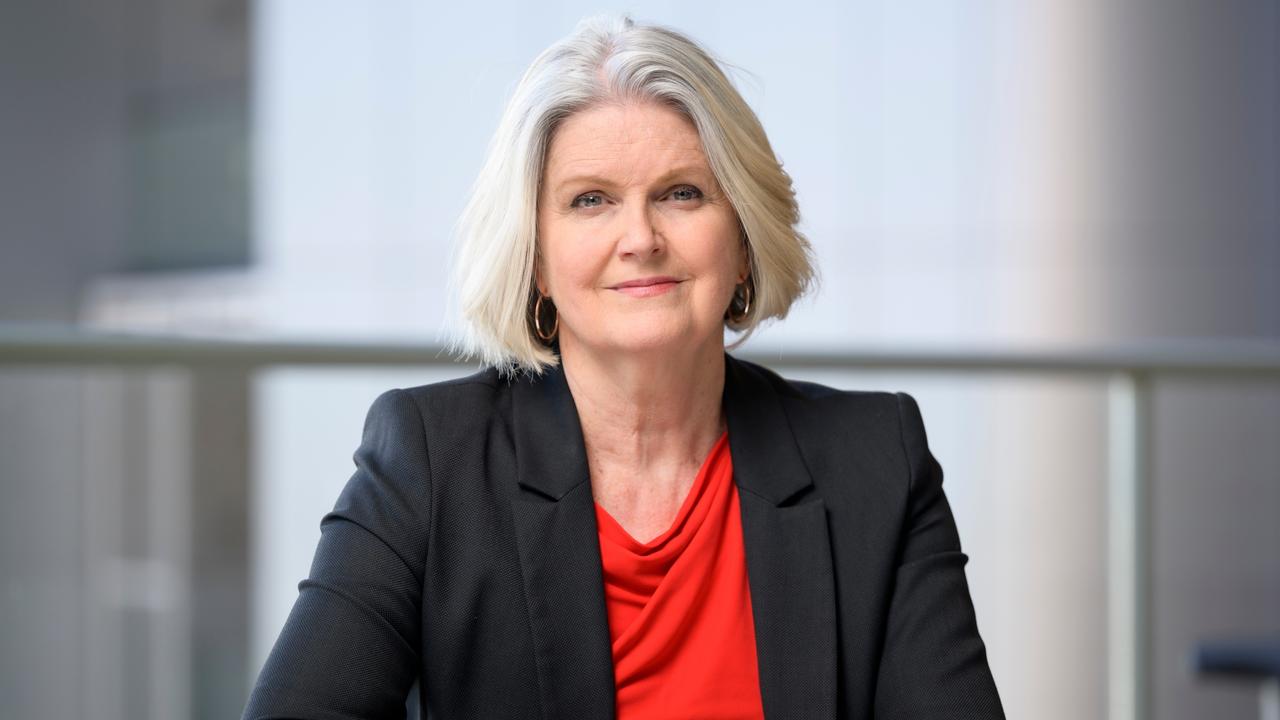
Providing further proof of the gender imbalance are statistics from the Department of Social Services, which showed women were two-thirds of the 35,000 yearly recipients of the national No Interest Loans scheme, which provides access to fair and safe loans up to $3,000, with no interest, fees or charges.
“The majority of NILS clients are those experiencing financial stress but excluded from mainstream finance,” a Department of Social Services spokeswoman said.
Dr Goldie called for the government to urgently lift income support payments like JobSeeker, Youth Allowance, and Parenting Payment to at least $82 a day, above the poverty line and in line with the pension.
“No one in this country should have to choose between food and medicine,” she said. “We also need to invest in more social housing and fully fund essential services.”
The poll also found one in six Aussies had taken on additional work or income sources in the past six months to cope financially.
Dr Carys Chan from the Griffith Business School said second incomes had become a necessity for many families, but warned taking on extra work could also lead to bigger problems like burnout, tax implications and increased stress.
Easy on wallets, waists: Nutritionist’s tips
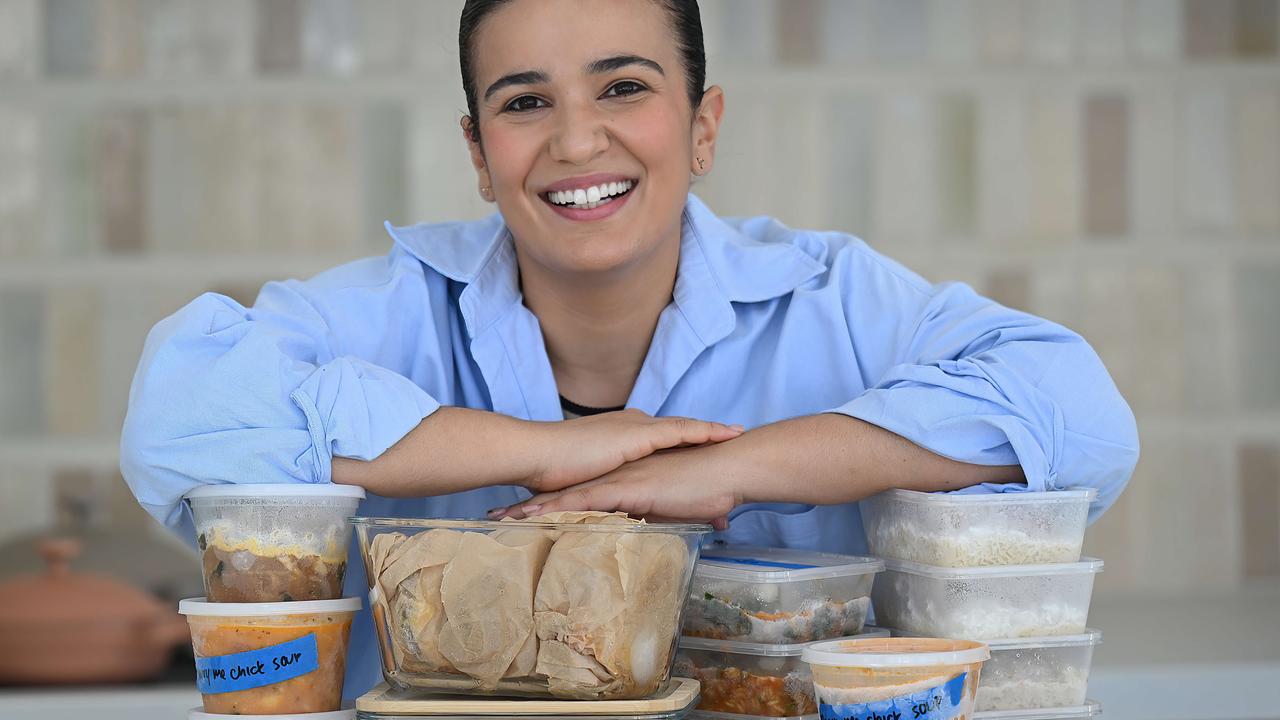
Nutritionist and recipe developer Jacqui Toumbas says spending less doesn’t need to come at the cost of health or taste.
“We do know the cost is going up but nutrition and taste don’t have to get thrown out the window,” she said.
To save big and ensure maximum flavour, Ms Toumbas recommends ditching the supermarkets in favour of local farmers’ markets, focusing on in-season produce that is both cheaper and more flavourful.
She also suggests using frozen or cheap, in-season vegetables to bulk out meals, saving money on meat and providing added nutrition.
But her top tip is to plan meals for the week ahead of time, and advises using AI tools like ChatGPT, where you enter the ingredients on special, your budget, likes and dislikes and how many people you’re trying to feed, and it creates meal plans.
Cooking meals in bulk could also help reduce costs. Advice she uses herself, creating good meals for just $4 a serve.
Originally published as How Australians are making ends meet as budget pressures bite


